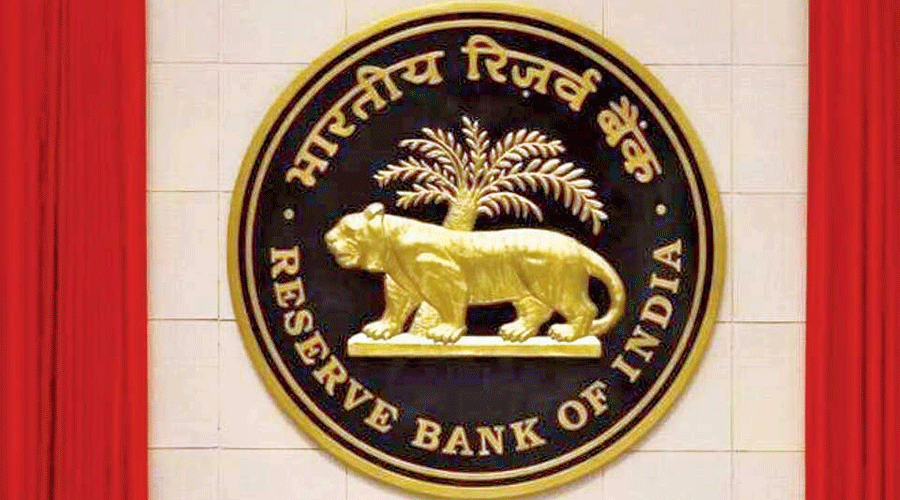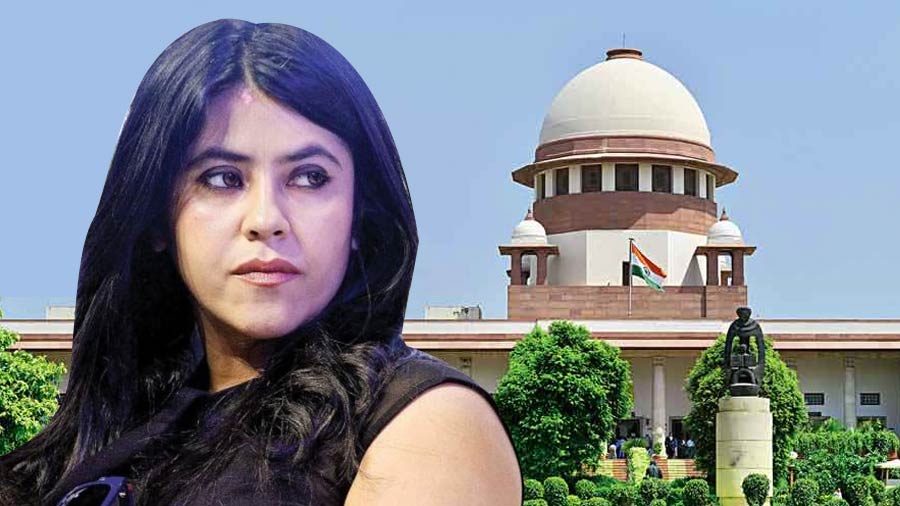The Supreme Court on Friday allowed a plea of the Reserve Bank of India and transferred to the Madras High Court all petitions pending before different High Courts challenging the validity of the provisions of the Banking Regulation (amendment) Act, 2020 which deals with appointment of the board of directors and managing directors of cooperative banks.
The RBI had cancelled the licences of scores of cooperative banks following which several petitions were filed in different high courts challenging the validity and legality of the Banking Regulation (Amendment) Act, 2020 (BR Act) and the related circular issued by RBI on June 25, 2021 that brought all cooperative banks under its supervision.
Representing the RBI, senior advocate Rakesh Dwivedi told a bench of Justices DY Chandrachud and Hima Kohli that the amended BR Act was extended to cooperative banks and hundreds of licenses were cancelled after irregularities were found in their management.
"The writ petitions have been filed in the High Courts of Madras, Kerala, Karnataka, Uttarakhand, Allahabad, Punjab and Haryana, Chhattisgarh, Andhra Pradesh and Bombay. Some have challenged the validity and legality of Banking Regulation (Amendment) Act, 2020, some have challenged the consequential circular and some both," Dwivedi said.
The question raised in these petitions is of federal nature and hence all these petitions need to be transferred to any one high court or the apex court, he said.
The bench, which was initially inclined to transfer all the writ petitions to Bombay or Delhi High Court, was told the proceedings before the Madras High Court are at an advanced stage and it was dealing with the validity of the provisions of the Act which will automatically cover the legality of the circular.
The top court then directed that all writ petitions be transferred to the Madras High Court and be listed before a division bench.
"Since the division bench will be taking up writ petitions filed from all over the country, it should allow the petitioners and their counsel to appear virtually in the matter," the bench said.
It said any such writ petition filed in future before any high court on the same issue should also be transferred to the Madras High Court.
On April 25, the top court had issued notice on the plea of the RBI seeking transfer of all writ petitions filed before different high courts to any one high court or to the apex court. The banking regulator had then submitted that the law was passed only to bring the cooperative banks under the banking regulations to protect the interest of the public.
The RBI said in its plea that though the cooperative banks have been incorporated under different state Co-operative Societies Acts, the common thread is that they have challenged the provisions of Banking Regulations (Amendment) Act and the consequential circular.
It said to avoid multiplicity of proceedings and different views of the high courts, it would be appropriate, if there is one authoritative pronouncement by one high court or by the Supreme Court.












